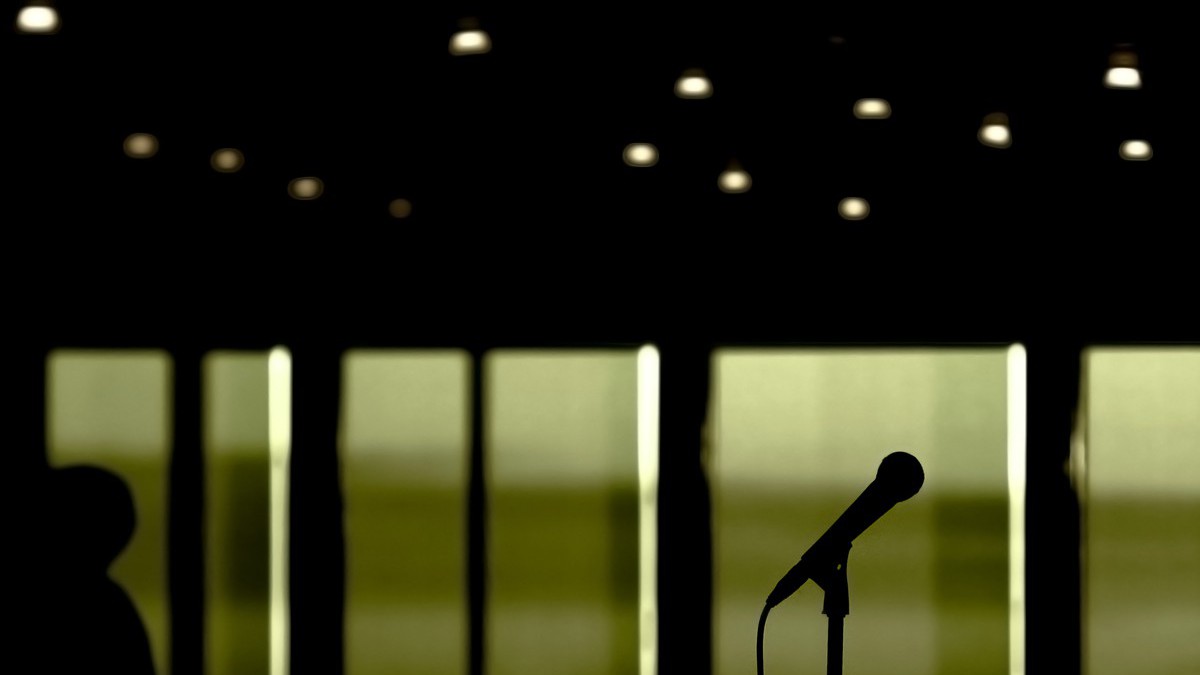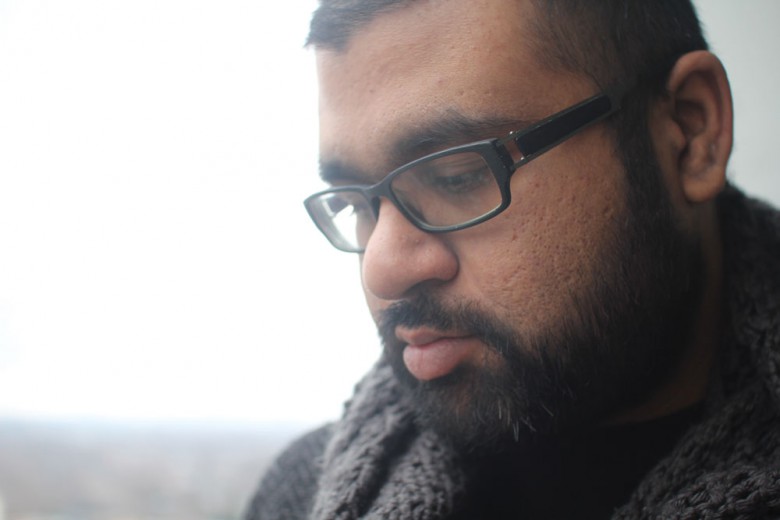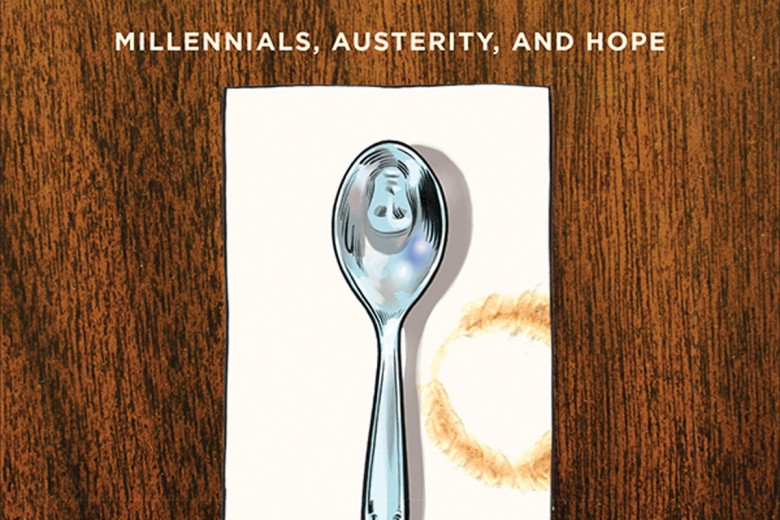In 2015, I wrote “A Note on Call-Out Culture” for Briarpatch Magazine, and it has since circulated far more widely than I expected and in ways I could not have anticipated.
In the essay, I argued that often in progressive spaces, there is a tendency to view “correct” language and terminology as indications of the integrity of one’s politics; that sometimes call-outs can feel performative rather than educational; and that often, the practice of calling people out means reducing individuals to their social locations of privilege, as if that accounts for their oppressive behaviour in all instances. I argued that paying attention to other locations and contexts may help us in better educating each other and holding ourselves accountable without disposing of each other.
While I wrote this critique to help improve how call-outs happen, it has since been mobilized frequently to argue that calling people out is always harmful, and that people should keep all their grievances in the private sphere.
But sometimes the only way we can address harmful behaviours is by publicly naming them, in particular when there is a power imbalance between the people involved and speaking privately cannot rectify the situation.
Since power exists on multiple planes, it is not always easy to tell who has more power than you, but class, race, gender, and ability all play a part. “A Note on Call-out Culture” doesn’t distinguish between call-outs that happen among members of the same communities, and those happening between people with different levels of access to power and privilege. But paying attention to this distinction can be crucial in determining how we move forward when being called out.
But sometimes the only way we can address harmful behaviours is by publicly naming them, in particular when there is a power imbalance between the people involved and speaking privately cannot rectify the situation.
Discussing the toxic aspects of call-out culture requires acknowledging that some people’s anger and rage continues to be considered legitimate and reasonable (white men’s, mostly) while our culture teaches us that Black, racialized, and Indigenous people – particularly women – are always already angry and hostile. The question of whose anger counts as legitimate and valid is never just a neutral question; it is informed by what someone looks like, the colour of their skin, their gender, as well as their social standing and location. When thinking about call-out culture or being called out yourself, it is illusory to pretend that everyone’s voice is equally heard.
Imagine someone is calling you out. If you benefit or are perceived as benefiting from a privilege that the person calling you out does not have, demanding that the calling out happens privately isn’t productive because it maintains your own power. In these instances, I think the most productive way we can respond is by listening, especially in a world that refuses to make space for the anger and rage of Black, racialized, and Indigenous people. This does not mean the culture of outrage that continues to flourish in activist circles does not need to be challenged, but insisting that people from historically marginalized groups only address their grievances politely and privately is another way of insisting that their anger is not legitimate or valid, and should not be heard. As the author A.M. Leibowitz notes: “This is literally what it’s like to be part of a marginalized group: politeness is met with a refusal to listen, and anger is met with demands for politeness.”
Call-out culture is also often conflated with attempts by survivors of sexual and physical violence to hold their abusers accountable. While my essay was concerned primarily with instances of language and terminology being called out, it has often been used to attempt to shut down conversations around transformative and restorative justice. This is particularly alarming given the endemic nature of sexual violence in our communities.
It is important to note here that there is often a knee-jerk reaction to name many instances of conflict as abuse: the word “abuse” can end up referencing a range of harm, from sexual and physical violence to gaslighting and even straightforward meanness.
But at the same time, we must listen to survivors of sexual and/or physical violence, particularly when they tell us they have not been able to receive accountability through private interactions alone. Survivors publicly naming their abuser are often met with a refusal to listen to their stories, and with tone policing, gaslighting, and/or generally being dismissed. This, despite the fact that survivors going public often do so at an incredible personal cost, and often after years of having tried to privately rectify the situation.
When we insist that all of these conversations must remain in the private sphere, we are insisting that accountability is always a private matter. The history of our movements very clearly shows the opposite is often the case. People continue to take the side of those with more power, more privilege, and more capacity, and often these people are never held accountable for the harm they have caused. This is precisely why call-outs need to happen sometimes.





_780_520_90_s_c1.jpg)
